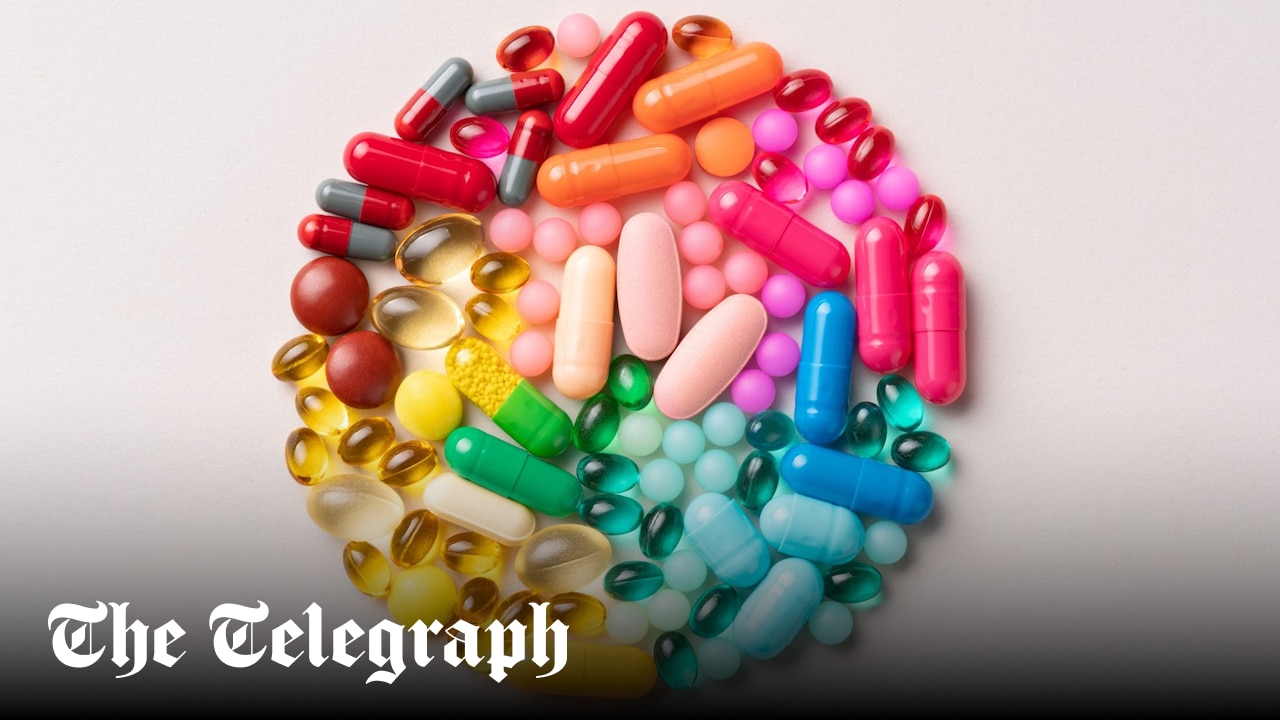
The ideal blood concentration of vitamin D is between 30-60 ng/mL. Supplementation typically ranges from 1,000 to 4,000 IU per day, ideally alongside vitamin K2 for better utilisation. The dose required will depend on baseline levels, your sun exposure, and individual factors such as age, depth of skin colour, season and geographic location.
Magnesium
Magnesium is involved in over 300 enzymatic reactions in the body, affecting everything from muscle function and nerve transmission to DNA synthesis and energy production. Despite its ubiquity, magnesium deficiency is surprisingly common.
Recent studies from the Massachusetts Institute of Technology (MIT) and the University of California, Berkeley, have highlighted magnesium’s role in reducing the risk of Type 2 diabetes, cardiovascular disease, and even anxiety.
One of the most common recent uses of magnesium has been to aid sleep quality and indeed it certainly does seem to help people to sleep, although whether this is due to them sleeping longer, deeper or both appears to be specific to the individual.
It also seems that magnesium, particularly threonate, has shown much promise in protecting against age-related cognitive decline by improving resilience to stress as well as improving sleep quality.
If you are under stress or regularly engage in intense physical exercise, the NHS recommends 300mg a day for men (19 to 64 years) and 270mg a day for women (19 to 64 years). As always, it’s advisable to start on the lower end and adjust based on response and tolerance. Magnesium glycinate or citrate are preferred for their greater absorption and bioavailability.
Creatine monohydrate
While creatine monohydrate is widely recognised in the fitness community for its benefits in muscle growth and athletic performance, its cognitive benefits are now being rigorously explored. Recent research has demonstrated that creatine supplementation can improve memory, reduce mental fatigue and increase overall cognitive function.
Creatine’s potential in supporting brain health, particularly in older adults or individuals with sleep deprivation is highly interesting. Creatine aids in the recycling of ATP, which is the energy currency of cells, crucial for both muscle and brain function.
A standard dose of creatine monohydrate is 5g per day, which has been shown to be effective for both physical and cognitive benefits. This dosage is well-tolerated and has been extensively studied, making it a low-risk addition to most supplement regimens. I would also point out that there is no reason to follow a creatine “loading” pattern. A higher dose simply can’t be absorbed, so stay with the low-level ongoing usage for maximum benefit.
